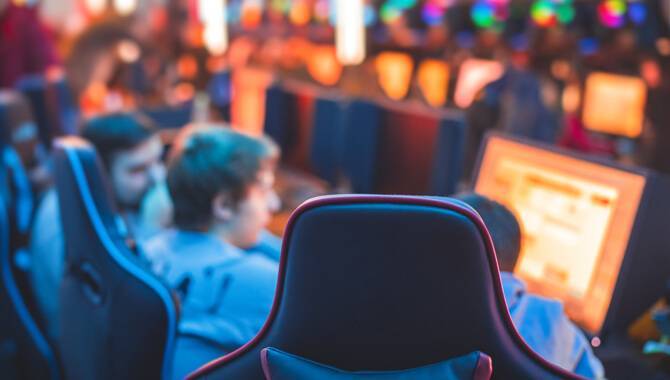
As scientists, we are trained in research methods. In this case, one of the most relevant is to try to triangulate or figure out what data may be telling us about the rapid rise in esports. What ties datapoints together and is there some practical insight for gaming hidden in them?
First, what is clear is that the pandemic has driven a trend in online activity unprecedented in any era with virtually any technology. Consumers are demanding entertainment, activity, shopping and engagement online first. This behavior was present prior to the pandemic, of course, but the pandemic served to both amplify and accelerate it.
Second, making assumptions about who is entertained with online games and esports is a low probability bet. Everyone plays games online, every demographic group is represented and to most people’s surprise, the typical player is someone you know in their mid to late 30s. It is not the stereotypical teen in the basement.
Third, the convergence of these phenomena with casino gaming is already happening. What I mean is that psychological factors that drive our desire to play, watch, or engage with esports and video gaming relate to what drives the desire to play casino games. Just consider the growth in the audience of spectators for online video games. It’s not a stretch to assume that the NFL sees some potential cross-over in the spectator growth of people watching esports with a very traditional sporting event. Convergence is the name of the game. Two seemingly unrelated factors are pointing at something, and for the NFL, that could mean a new or different type of fan.
Fourth, earlier this summer, I taught an introduction to casino management to a group of 60 hospitality graduate students in Europe. For the most part, the students had limited to no familiarity with casinos although all were of legal age to do so. As gaming professionals, you already know what they learned, concepts like random outcome games, calculating theo, loyalty cards, and so on. What did I learn? In these students, I saw the very insights I’m describing in this article. I saw students whose final project submissions were heavily influenced by online entertainment and esports. These students saw a gaming experience, quite different from what we can see today. I saw convergence in real-time.
So, what do you do with this? We operate in an industry accustomed to stability and regulation. And while innovation is a term often used, it is most often in the form of what the late Dr. Clayton Christensen called incremental innovation. Innovation that is the continuous evolution of a product for its best customers. Perhaps the greatest implication for the rapid rise of esports is that we need to consider a more disruptive type of innovation driven by the unmet desire for this new entertainment paradigm among consumers. Maybe we need to watch the NFL, not literally in this case but figuratively speaking with intent to triangulate what they see in the rapid rise of esports. “As with many things, the pandemic had an accelerator effect on esports, not only from a gaming and betting perspective, but as investment dollars flow into this segment,” says Joe Bertolone, executive director of UNLV’s International Center for Gaming Regulation. “From a gambling perspective, the enthusiasm is only tempered by the ability to ensure integrity. Once this is thoroughly addressed, most likely with technology already available, the growth trajectory is expected to continue.”

